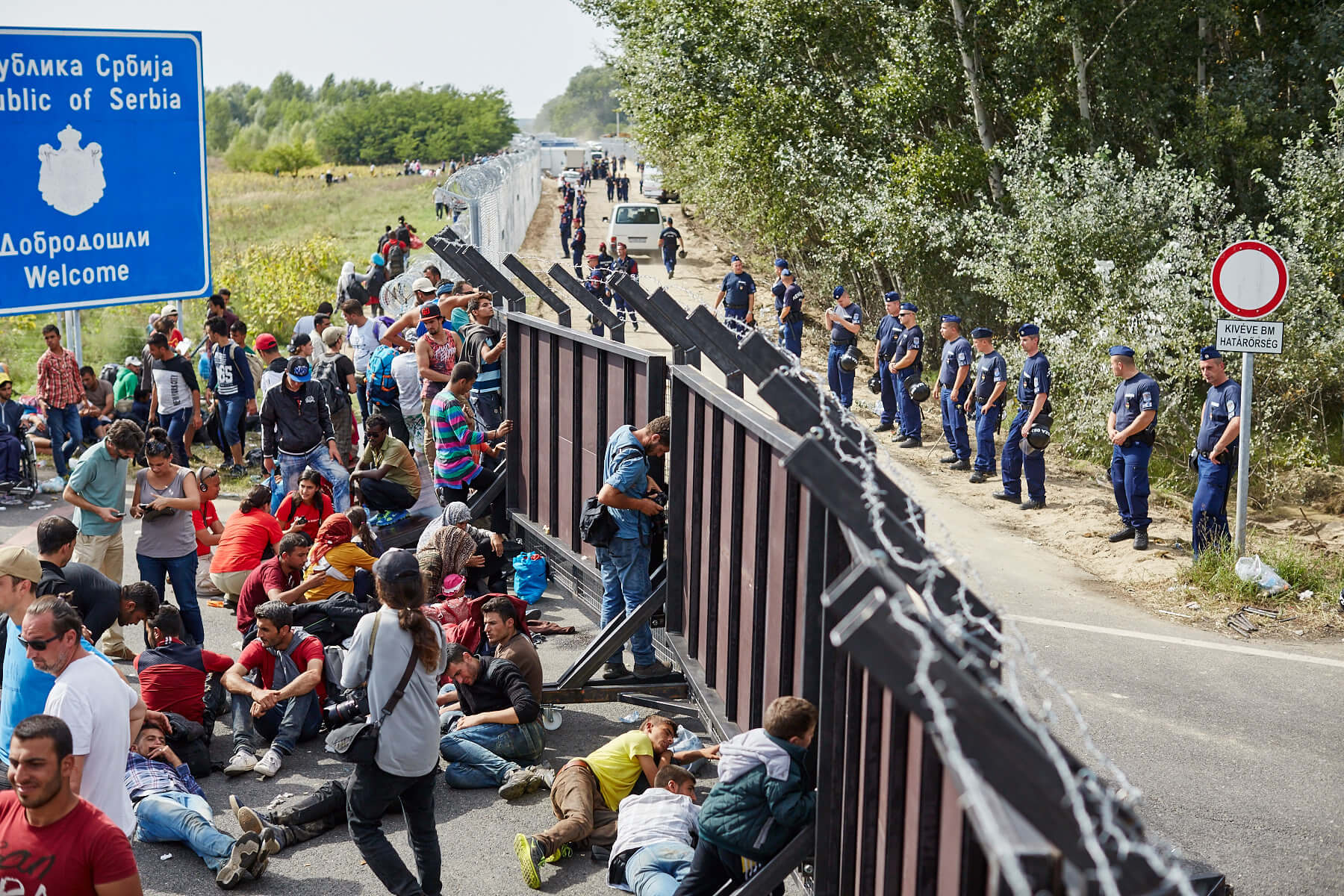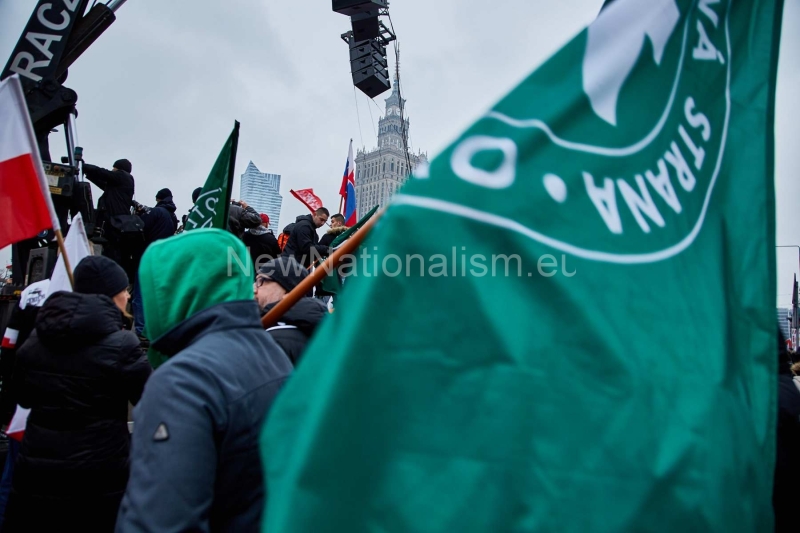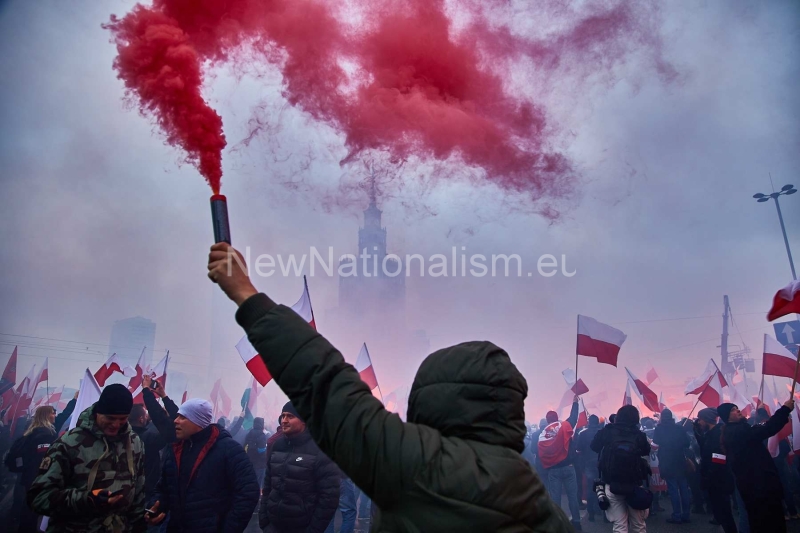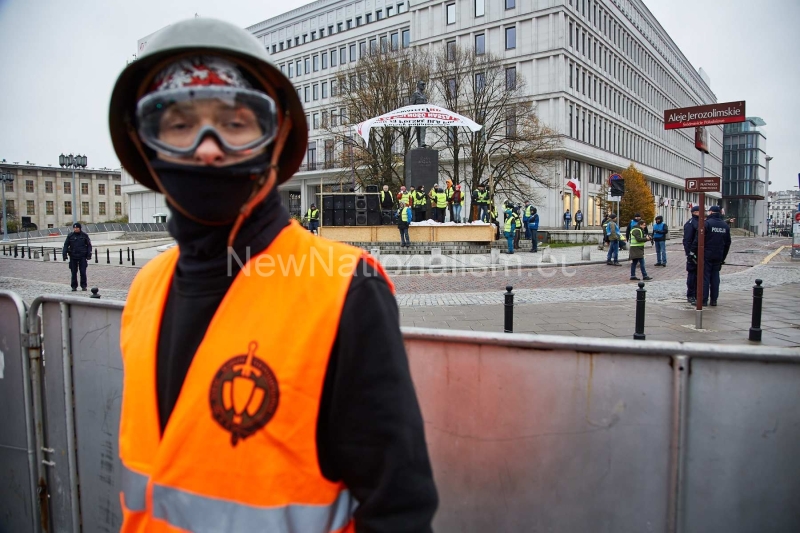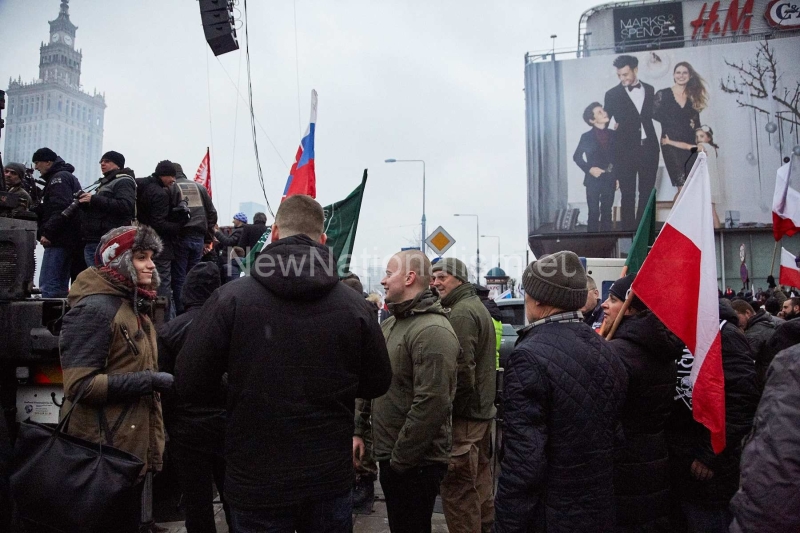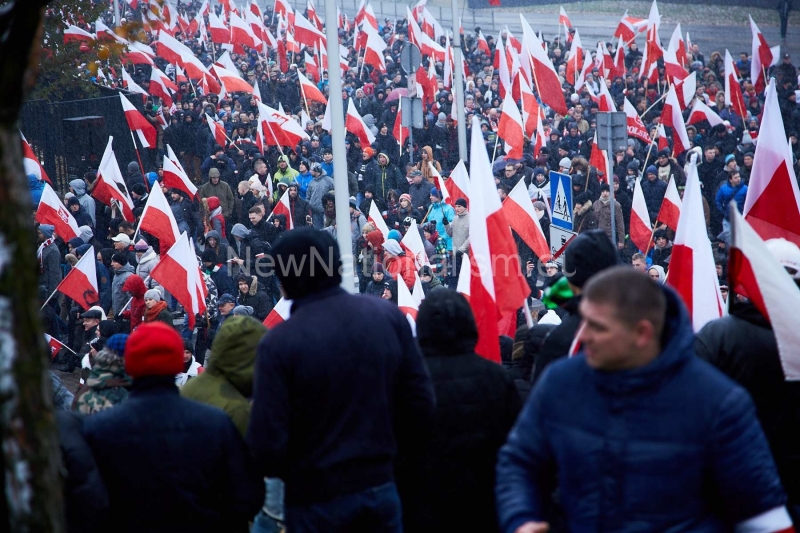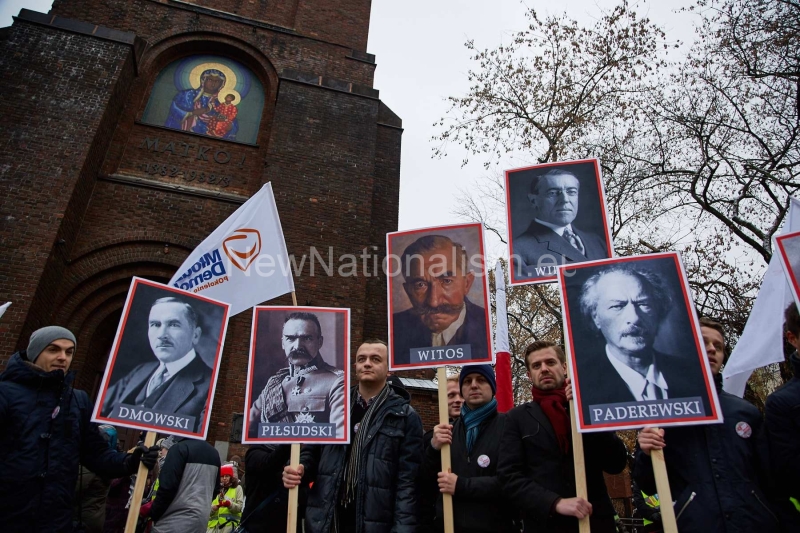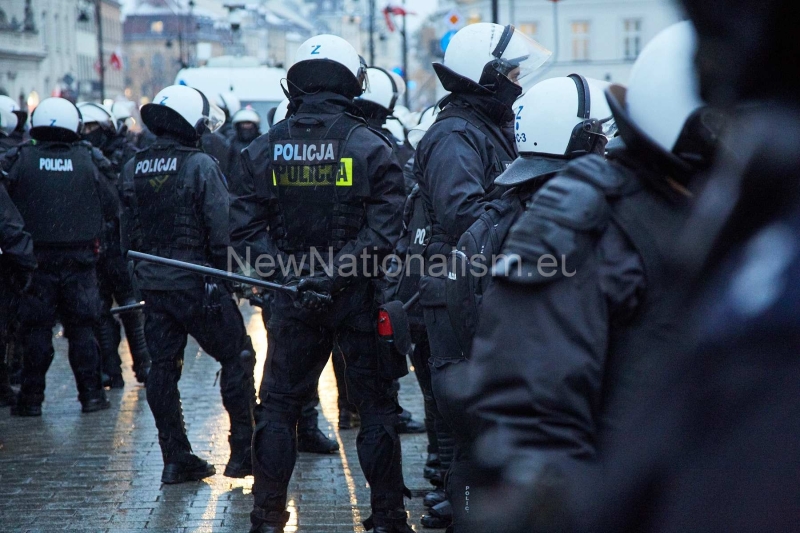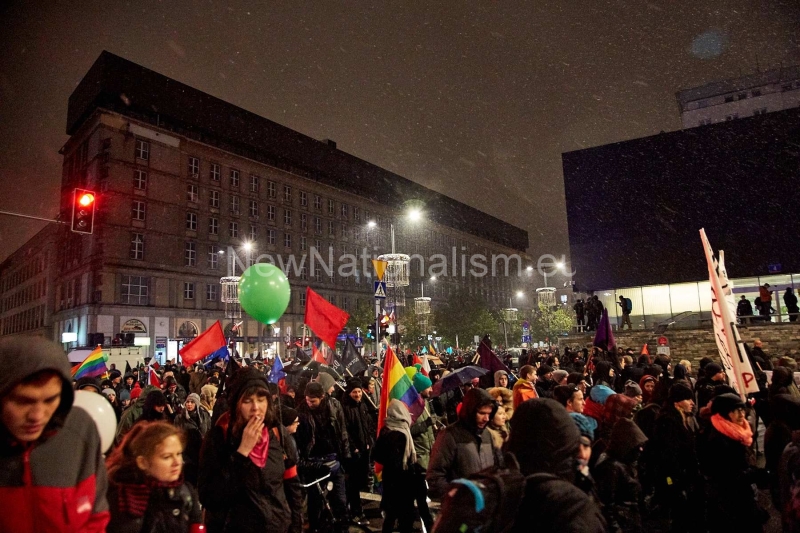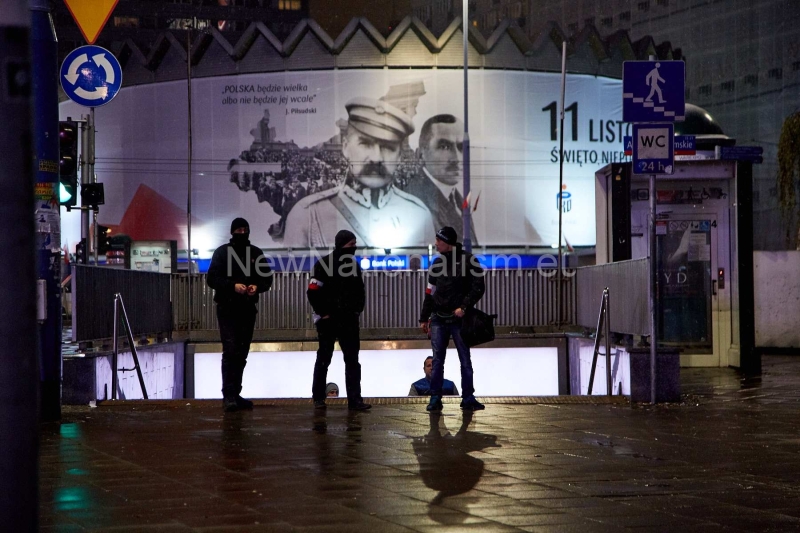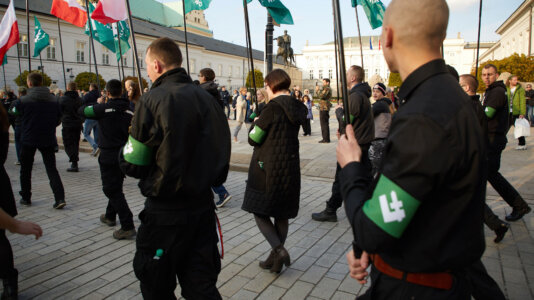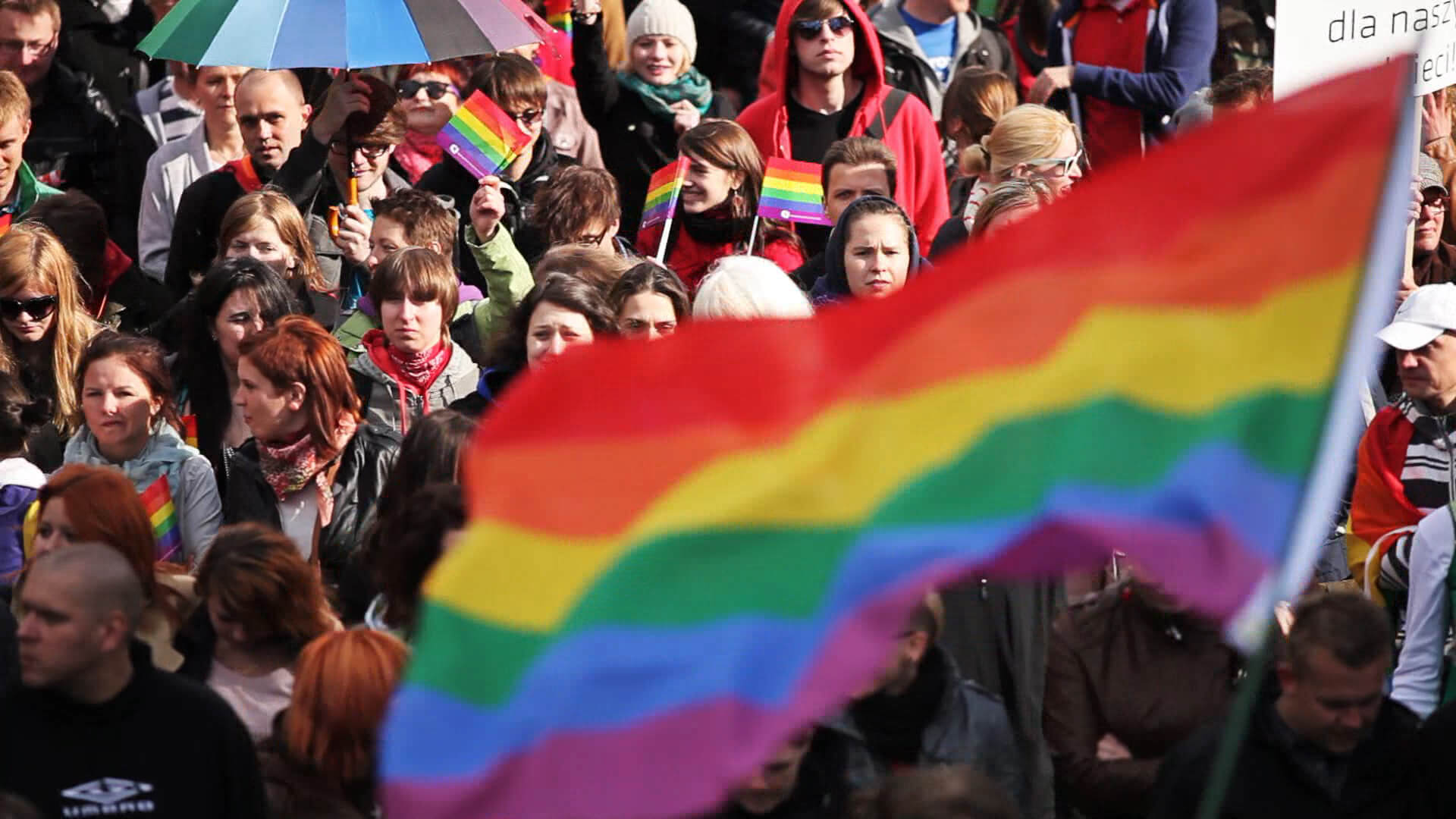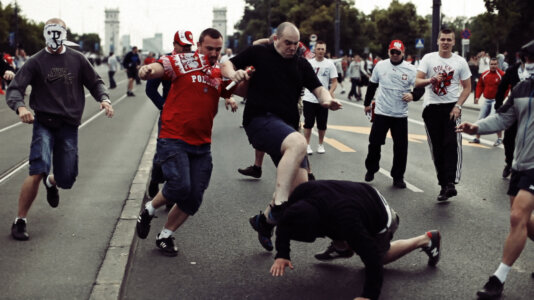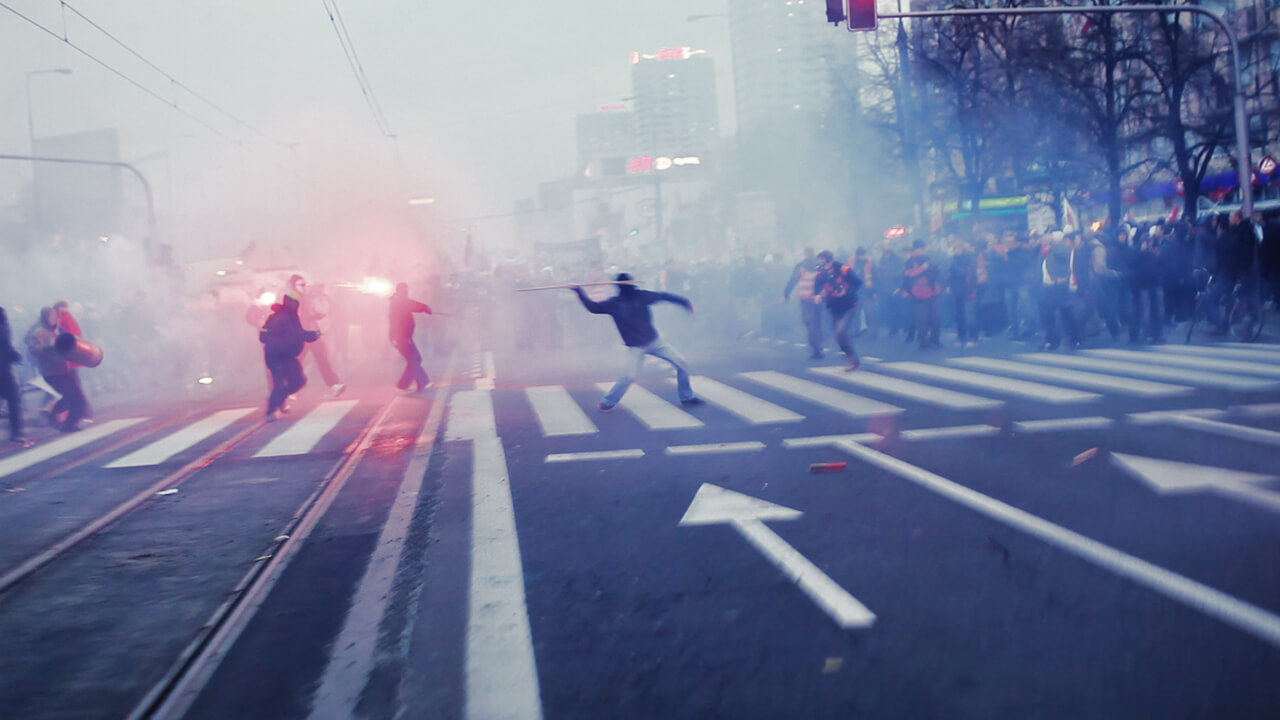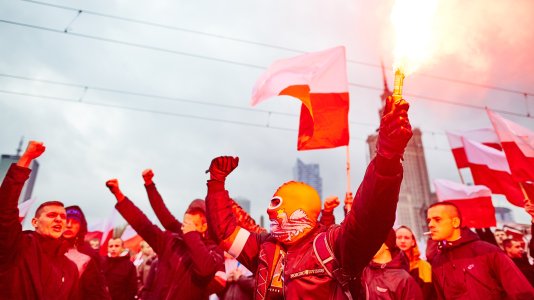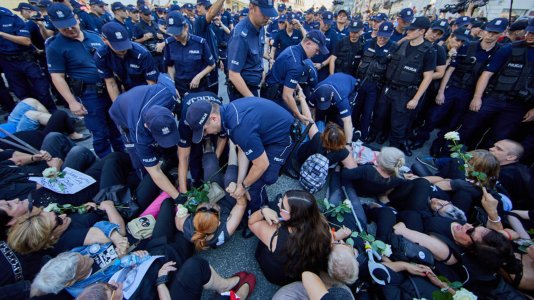On November 11th, 2016, Poland celebrated its Independence Day, but the day was marred by controversy over the Marsz Niepodleglosci (March of Independence) organized by far-right groups. The march attracted tens of thousands of participants, many of whom carried banners with slogans promoting nationalism and anti-immigrant sentiment.
The march began peacefully, but as it progressed, tensions rose, and there were reports of violence and hate speech. Far-right groups clashed with counter-protesters, and there were instances of physical assault and vandalism.
The march was met with widespread condemnation from politicians, human rights groups, and members of the public. They criticized the organizers of the march for promoting hate and intolerance and called on the government to take action to prevent such events in the future.
The controversy over the Marsz Niepodleglosci highlighted the deep divisions within Polish society over issues such as immigration, globalization, and nationalism. Poland has seen a rise in far-right and populist groups in recent years, with some politicians and media outlets promoting anti-immigrant and anti-Muslim sentiment.
The controversy over the Marsz Niepodleglosci was a reminder of the challenges faced by Poland as it seeks to build a tolerant, inclusive, and democratic society. It highlighted the need for greater efforts to combat hate speech and to promote respect for diversity and human rights.
Despite the controversy, many Poles came out to celebrate their country’s independence on November 11th, attending concerts, parades, and other events across the country. The day was a reminder of the resilience and spirit of the Polish people, who have faced numerous challenges throughout their history and have always stood up for their values and beliefs.
















